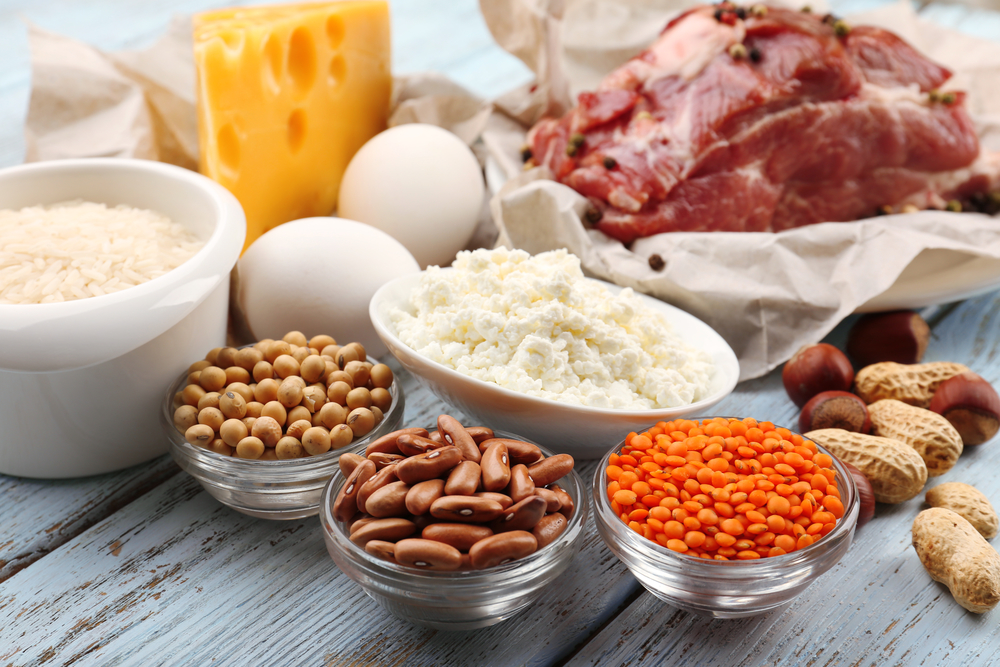 Menus for seniors who are underweight are like walking a tightrope. How do you get your resident to gain weight without aggravating other health conditions, or creating new problems? It’s a complex issue with no simple solution, but there are some basic questions that can get you pointed in the right direction.
Menus for seniors who are underweight are like walking a tightrope. How do you get your resident to gain weight without aggravating other health conditions, or creating new problems? It’s a complex issue with no simple solution, but there are some basic questions that can get you pointed in the right direction.
Why is This Person Underweight?
Some patients simply lose their appetites as they age. For others, weight loss might be associated with an illness or surgery that prevented them from eating enough for a time. In other cases, it may be that dental or jaw pain prevents the person from getting enough to eat. Some patients with dementia issues just plain forget to eat, even when food is brought to them.
How do we Address These Issues?
It’s all about finding balance. Obviously eating fat will help pack the weight on, but it’s not good for the heart, vascular system, or cognitive function, and it slows transit through the digestive system, so it can cause constipation, too.
- Add “Good” Fat – Polyunsaturated fats and monounsaturated fats, which are found in foods like fish, olive oil, and nuts, can help increase caloric intake without the harmful effects that “bad” fats –like those found in red meat, fried food, and full-fat dairy products- can have. Even for residents with difficulty chewing or swallowing, olive oil is easily added to many dishes. Low sugar peanut butter is another rich source of calories which is easy to chew, fairly easy to swallow, and can be added to a wide variety of foods.
- Think About the Drink – Serve calorie-laden drinks like smoothies made with whole fruit and low-sugar yogurt in between meals. Serve smaller drinks with meals, so they have more room for food when it is served.
- More Frequent Servings – Offer smaller portions of calorie-packed foods six or eight times a day, rather than three larger portions a day. Depending upon how much weight your resident needs to gain, you might ask the dietician if a nutritional supplement is an appropriate addition. Some supplements pack up to 350 calories in just a few fluid ounces, which are clear and flavorless, and can be added to juice, coffee, soup, or even plain water.
- Add Flavor – One common reason for seniors to lose interest in food is the weakening or loss of the senses of smell and taste. Be selective: avoid seasonings that are too heavy on salt, or are too hot. Mild curry or chili may appeal to some residents, while others might respond better to a brighter scent and taste, such as citrus. Fresh herbs are more aromatic and flavorful than dried ones, so these may attract your stubborn diners, as well.
How Do I Work This Into My Menu?
If you only had to focus on the one resident who needs to gain weight, this would be a lot easier. But you’ve got a lot more residents to worry about, and some of them need to lose weight, others have allergies, restrictions, medication conflicts, chewing and swallowing issues. It’s a daunting task, trying to keep it all in balance. At Grove Menus, we specialize in helping senior facilities cater to each patient’s needs as efficiently as possible, and stay on budget, too. Our system will help you work out not only menus, but order lists, costing, pull and prep sheets, and diet extensions, as well. Contact us today to learn how Grove Menus can help with your menus for seniors.
